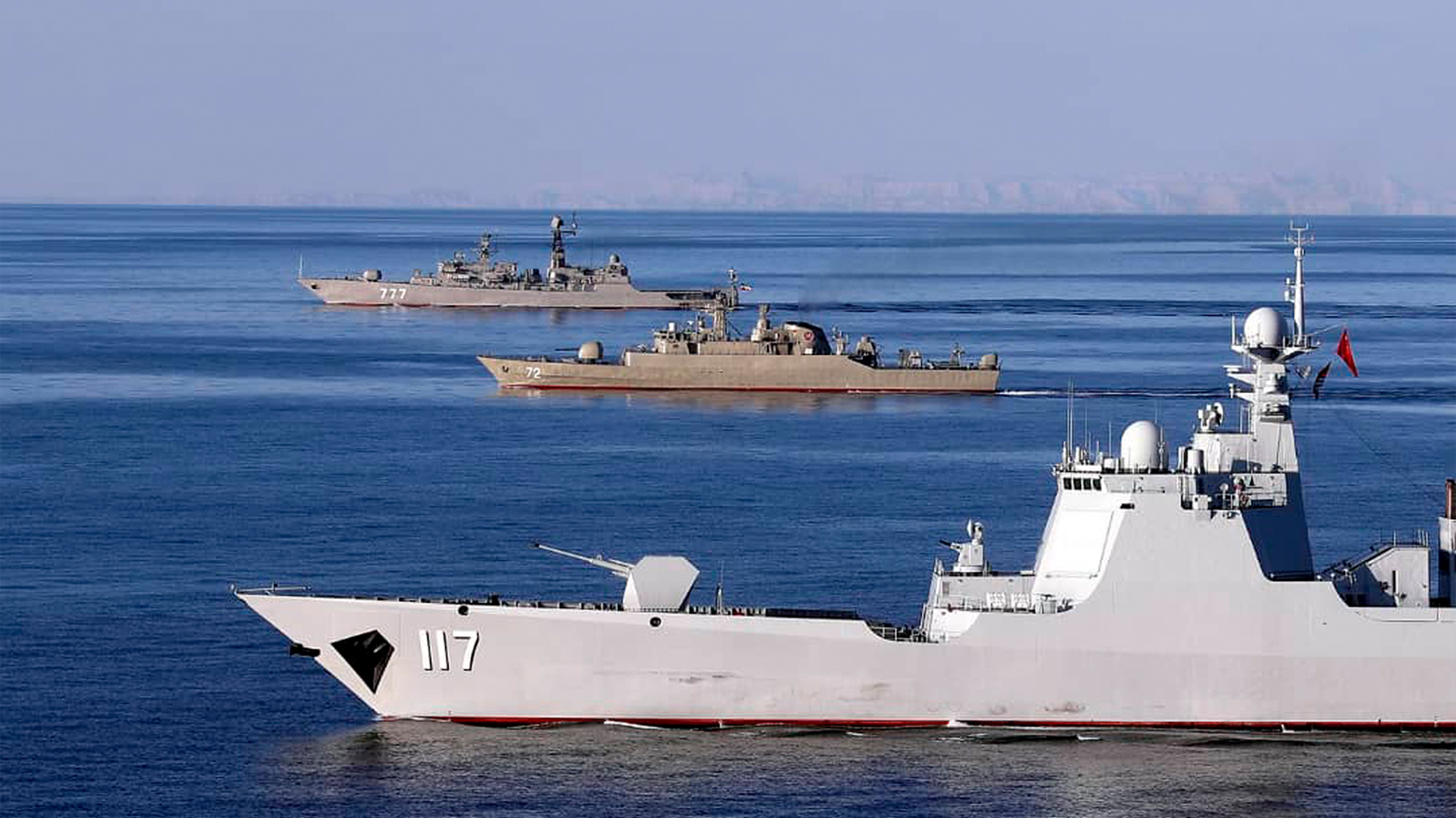'Russia, China Pacts Are Not Mutual Defense Treaties,' Says IRGC Official
An IRGC official, via Didban Iran news agency, stated that Iran's pacts with Russia and China are not for mutual defense. He said Tehran never asked for military aid in the recent war and affirmed that it received the required political and diplomatic support from Moscow.

ERBIL (Kurdistan24) – A high-ranking official from Iran's Islamic Revolutionary Guard Corps (IRGC) has publicly clarified the nature of Tehran's long-term strategic agreements with Russia and China, stating unequivocally that the pacts are not for mutual military defense and do not obligate the parties to join one another in war, according to a report by the Didban Iran news agency.
The clarification from Gen. Yadollah Javani, the Political Deputy of the IRGC, came in response to questions that he said arose within Iranian society during the recent 12-day war, questioning why Beijing and Moscow did not provide military cooperation to Iran during the conflict.
According to the report by Didban Iran, Javani addressed the issue in a video published by the IRGC's Political Deputy's website. He began by acknowledging the public discourse. "A question was raised in our society during the 12-day war, asking, 'Didn't we have 25-year and 20-year cooperation agreements with China and Russia? Why didn't they cooperate with us in the 12-day war?'" Javani stated, before noting that "there are those who promote these questions for political purposes and motives."
To provide a comprehensive answer, the IRGC official outlined a three-point explanation.
The first and most crucial point, Javani explained, is that the foundational nature of these agreements has been misunderstood. "The nature of our 25- and 20-year agreements with China and Russia has not been one of mutual or reciprocal defense, whereby if any of the countries entered a war, the other would enter the war in its favor," he clarified.
The IRGC's Political Deputy elaborated on this distinction, as reported by Didban Iran. "In some security pacts, defensive security agreements are concluded between several countries or two countries, and they commit to participating and assisting in a war to counter threats. However, we have not had such a contract with these specifications," he said. Javani added, "We have had military cooperation, the buying and selling of equipment, etc., but we have not had an agreement based on them defending us in a war or us helping them."
To further illustrate this point, he used Russia's ongoing conflict as an example. "For example, we have a military cooperation agreement with Russia, but it is not the case that when Russia entered the war with Ukraine, we were committed to entering the war alongside Russia, such that they would in turn have a reciprocal commitment to us," Javani stated.
The second point in the official's explanation was that Iran never sought direct military assistance during the conflict. "During the 12-day war, we did not request help from any country, not even from the 'axes of resistance'," Javani asserted. "Meaning, it was not the case that we made a specific request to China and Russia during the war and they did not help us."
The third and final point, according to the IRGC Political Deputy, was that Russia, in particular, did provide the support that was expected of it within the existing framework of their relationship. "If we examine the two countries, China and Russia, and particularly Russia, Mr. Putin himself, during the war, took significant political and diplomatic actions in international forums in favor of the Islamic Republic," Javani said. He concluded that they "provided the political solidarity that was required of them."
